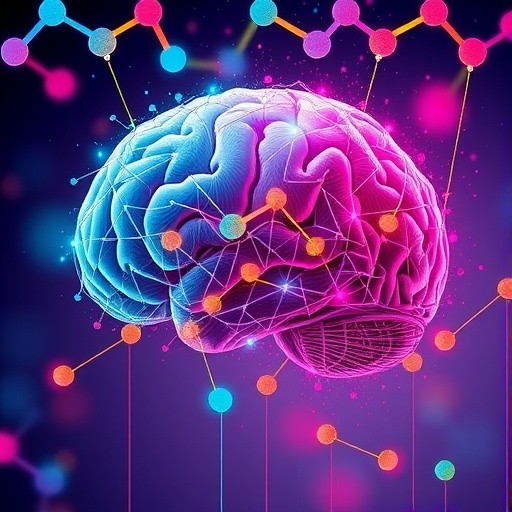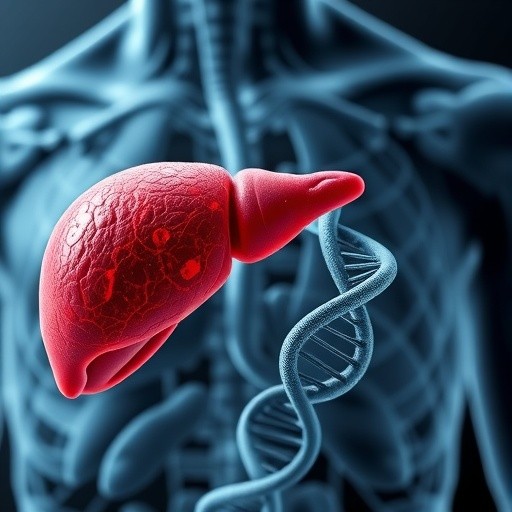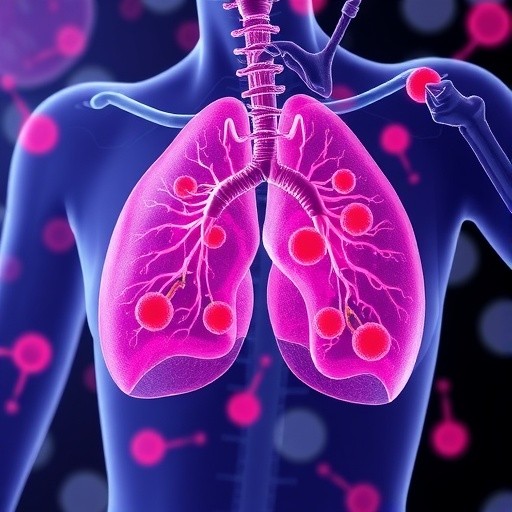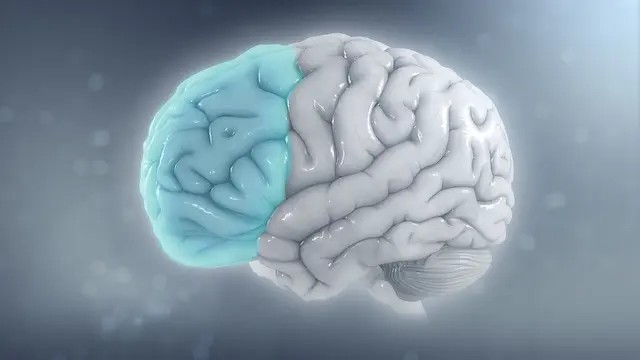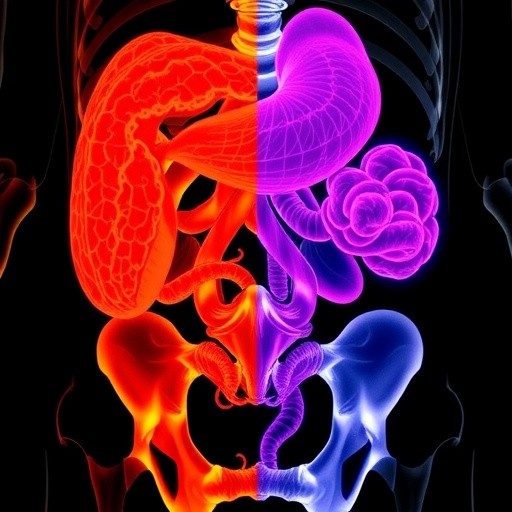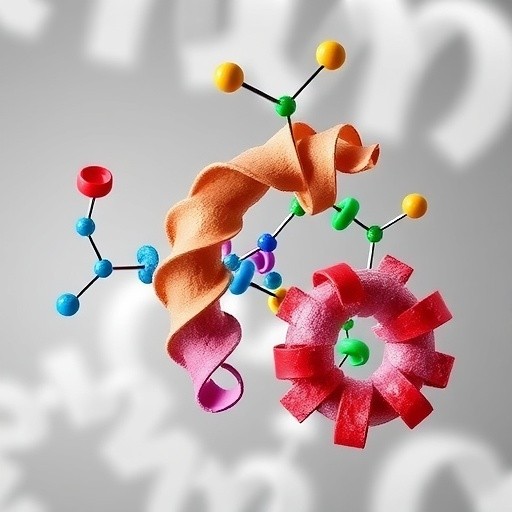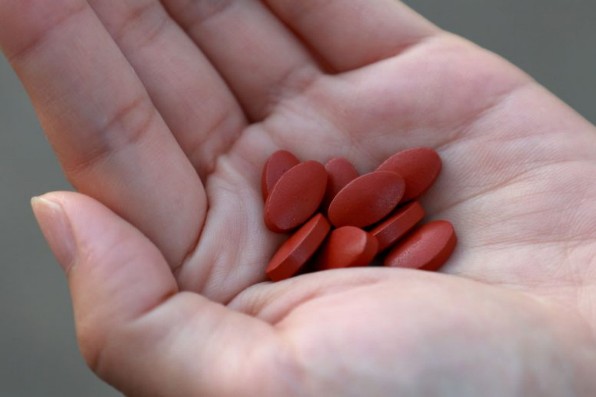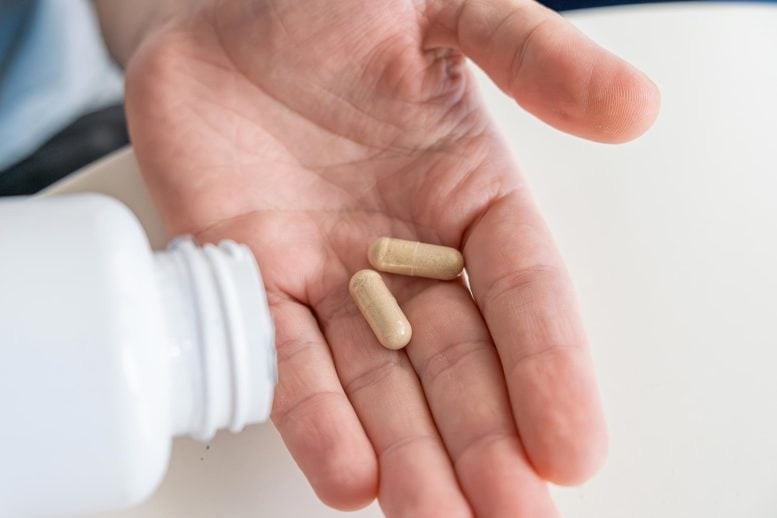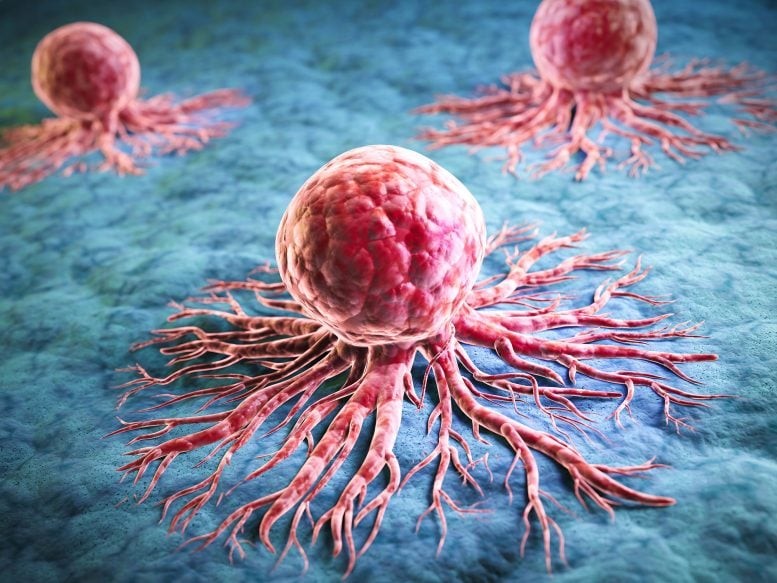New Study Highlights AI’s Promise in Providing Safe Treatment Recommendations for Opioid Use Disorder in Pregnancy
A groundbreaking study published in the Journal of Studies on Alcohol and Drugs has revealed that generative AI tools such as ChatGPT, when trained on medically verified data, can provide accurate and reliable guidance for pregnant women managing opioid use disorder. Conducted by researchers at Rutgers University, the study highlights AI’s growing potential to support individuals seeking help for sensitive or stigmatized medical conditions.
As technology becomes increasingly intertwined with everyday life, the research underscores the urgent need for trustworthy health information—especially for vulnerable populations like expectant mothers. With more people relying on online platforms for medical advice, ensuring accuracy is crucial. In the context of opioid use during pregnancy, misinformation or delayed treatment can have serious consequences for both mother and child.

Figure 1. Opioid Use Disorder in Pregnancy.
Lead author Drew Herbert, from the University of Missouri’s Sinclair School of Nursing, emphasized the critical importance of reliable guidance in such cases: “There’s a real sense of urgency around ensuring that medical advice in this area is both accurate and accessible—any delay or misinformation can be harmful.” Herbert added that AI’s ability to provide private, judgment-free communication could help individuals seek care more confidently, particularly when facing stigma. Figure 1 shows Opioid Use Disorder in Pregnancy.
To conduct the study, the research team developed a detailed persona named “Jade”—a hypothetical pregnant woman struggling with opioid addiction. This simulated profile was used to create realistic, conversation-based scenarios that reflected the types of questions real patients might ask. The AI model was given clinically relevant prompts about treatment options, medication-assisted therapies, and how to find appropriate healthcare providers, allowing researchers to evaluate its empathy, accuracy, and understanding.
The team conducted and analyzed 30 separate conversations with ChatGPT, assessing each using a rigorous framework for medical accuracy, safety, and adherence to clinical best practices. Impressively, nearly 97% of the AI’s responses were deemed safe and consistent with established medical standards. The chatbot provided sound advice on treatment pathways and practical steps for accessing professional care—demonstrating its ability to bridge crucial communication gaps in healthcare, especially in areas burdened by stigma.
One of the most striking findings was the consistency of ChatGPT’s responses, which closely aligned with professional clinical guidelines. Herbert noted, “The level of accuracy far exceeded our initial expectations [1].” However, the researchers also cautioned that the reliability of AI-generated advice depends on how precisely users phrase their questions—vague or general prompts may produce less dependable results.
Looking forward, the team stresses that the goal is not to replace healthcare professionals but to enhance traditional care by integrating AI responsibly. The next step involves refining the technology and conducting real-world testing to determine its effectiveness in clinical and community settings. Importantly, the researchers emphasize that such tools should encourage users to consult medical professionals rather than act as stand-alone solutions.
Ultimately, this study underscores the transformative potential of AI in healthcare communication. It demonstrates that, when carefully developed and validated, generative AI can deliver safe, empathetic, and clinically sound guidance, empowering individuals to seek treatment confidently and without fear of stigma.
As generative AI continues to evolve, its applications could extend beyond opioid use disorder to include mental health care, substance use treatment, and chronic disease management. Responsible integration of these technologies could help create a healthcare future rooted in safety, accessibility, and patient empowerment.
Standing on the brink of this technological transformation, the researchers call for continued exploration and ethical oversight. With thoughtful implementation and ongoing evaluation, AI could become a trusted partner in healthcare, reshaping how people access, understand, and act upon critical health information in an increasingly digital world.
References
- https://bioengineer.org/new-study-demonstrates-ais-potential-to-deliver-safe-treatment-guidance-for-opioid-use-disorder-during-pregnancy/
Cite this article:
Keerthana S (2025), New Study Highlights AI’s Promise in Providing Safe Treatment Recommendations for Opioid Use Disorder in Pregnancy, AnaTechMaz, pp.521



